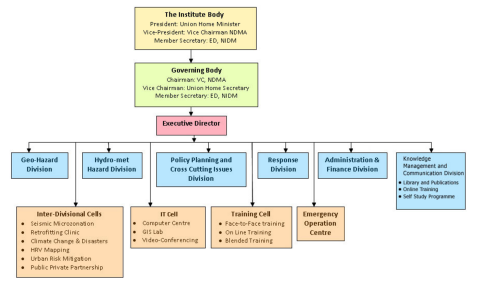COVID-19 Rapid Student Interview Project

This project aims to provide an engaging project for post-secondary students (undergraduate and graduate) to gain experience with qualitative research methodology while contributing to public

This project aims to provide an engaging project for post-secondary students (undergraduate and graduate) to gain experience with qualitative research methodology while contributing to public
I am currently in the process of transitioning my M.A. level course on Science, Technology, and Development with 11 students to virtual instruction. One of my interests in engaging with COVID-19 is to examine how it (should) informs development ideologies and practices. How should students of development studies retool -- conceptually, methodologically, practically -- in wake of the pandemic?
The Disaster Management Act of 2005 constitutes the responsibilites of the NIDM to be human resource development, capacity building, training, research, documentation and policy advocacy in the field of disaster management. The organization aims to promote disaster management as a high priority in the national goverment. They also aspire to create "a culture of prevention" pertaining to disasters that involves all stakeholders.
The Minister of Home Affairs acts as the President, and the Vice Chairman of the NDMA (National Disaster Management Authority) acts as Vice President. The body of the organiation is comprised of 42 members including secretaries of nodal Ministries and Departments of Government of India and State Governments, the heads of national scientific, research and technical organizations, and eminent scientists and practioners. The governing body of the organization, which runs its day to day operations, is comprised of 16 members, and is chaired by the Vice Chairman of the NDMA, with the Secretary of Home Affairs acting as the Vice President.

The Disaster Management Act of 2005 constitutes the responsibilites of the NIDM to be human resource development, capacity building, training, research, documentation and policy advocacy in the field of disaster management. The organization aims to promote disaster management as a high priority in the national goverment. They also aspire to create "a culture of prevention" pertaining to disasters that involves all stakeholders.